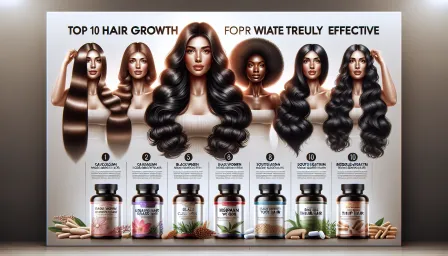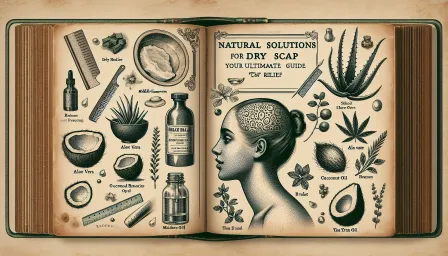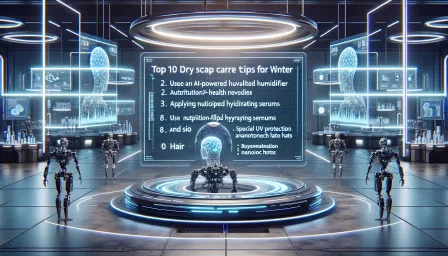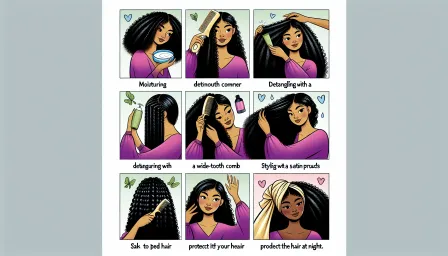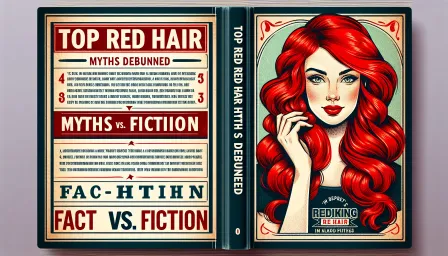Effective Hair Treatments for Dandruff You Need to Try Now
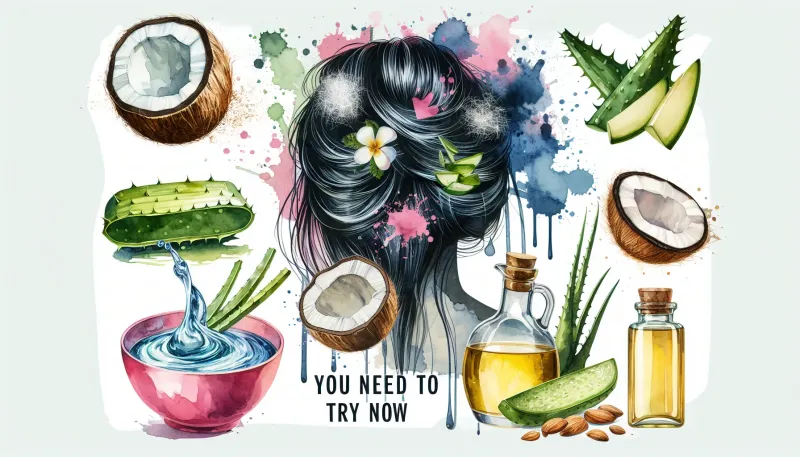
Discover the most effective hair treatments for dandruff. Learn about the causes, symptoms, and the best remedies to manage your dandruff effectively.
Introduction
Dandruff is a common scalp condition that affects individuals worldwide. Characterized by flaking and itching, it can be both a nuisance and a source of embarrassment. If you're dealing with dandruff, you're not alone, and fortunately, there are numerous effective hair treatments for dandruff available that can help manage and reduce symptoms. In this article, we will explore the causes, symptoms, and the best remedies to combat dandruff effectively.
Understanding Dandruff
What is Dandruff?
Dandruff refers to the shedding of dead skin cells from the scalp. While it's normal for skin cells to die and be shed, individuals with dandruff experience excessive flaking. This condition can also be accompanied by itching and irritation.
Causes of Dandruff
Several factors can contribute to the development of dandruff, including:
- Seborrheic Dermatitis: This common skin condition affects oil-rich areas, including the scalp, leading to greasy, irritated skin and white or yellowish flakes.
- Malassezia: A yeast-like fungus that thrives on the scalp's oils. Overgrowth of Malassezia can irritate the scalp and cause overproduction of skin cells.
- Dry Skin: Individuals with naturally dry skin may experience small, less oily flakes compared to other types.
- Hair Care Products: Harsh shampoos, conditioners, and styling products can cause scalp irritation and dandruff.
- Lifestyle Factors: Stress, diet, and hormonal imbalances can also contribute to dandruff.
Effective Hair Treatments for Dandruff
Medicated Shampoos
One of the most straightforward and effective hair treatments for dandruff is the use of medicated shampoos. These products are formulated with active ingredients that address the root causes of dandruff. Some common ingredients to look for include:
- Ketoconazole: An antifungal agent effective against dandruff-causing fungi.
- Zinc Pyrithione: Reduces yeast and fungal growth on the scalp.
- Salicylic Acid: Helps remove dead skin cells and reduces flaking.
- Coal Tar: Slows down skin cell turnover and reduces inflammation.
When using medicated shampoos, it's essential to follow the instructions carefully. Typically, these shampoos should be used twice a week, with regular shampoos used on other days.
Natural Remedies
If you prefer natural and home-based solutions, there are several options that can effectively manage dandruff:
Tea Tree Oil
Tea tree oil has antifungal and anti-inflammatory properties that can help reduce dandruff. Add a few drops to your regular shampoo or massage diluted tea tree oil directly onto your scalp.
Aloe Vera
Aloe vera has soothing properties that can relieve scalp irritation and reduce flaking. Apply fresh aloe vera gel to your scalp and leave it for about 30 minutes before rinsing it off.
Apple Cider Vinegar
Apple cider vinegar balances the scalp's pH and has antimicrobial properties. Mix equal parts water and apple cider vinegar, apply to your scalp, and leave it on for a few minutes before rinsing.
Coconut Oil
Coconut oil moisturizes the scalp and has antifungal properties. Massage warm coconut oil into your scalp and leave it on for several hours or overnight before washing it out.
Preventative Measures
Alongside treatments, adopting certain lifestyle and hair care practices can help prevent dandruff and keep your scalp healthy:
- Regular Washing: Keep your scalp clean by washing regularly with a gentle shampoo to remove excess oil and skin cells.
- Avoid Harsh Products: Steer clear of hair products with harsh chemicals that can irritate your scalp.
- Healthy Diet: A diet rich in vitamins and nutrients supports overall scalp health. Include foods high in zinc, B vitamins, and omega-3 fatty acids.
- Hydration: Drink plenty of water to keep your skin, including your scalp, well-hydrated.
- Stress Management: Practice stress-reducing techniques such as meditation, exercise, or yoga.
When to See a Dermatologist
While most cases of dandruff can be managed with over-the-counter treatments and natural remedies, some situations may require professional help. If you experience severe itching, redness, swelling, or if dandruff doesn't improve after several weeks of treatment, it may be time to consult a dermatologist. Persistent symptoms could indicate an underlying condition that requires specialized care.
Conclusion
Dandruff can be an uncomfortable and persistent condition, but with the right hair treatments for dandruff, you can effectively manage and reduce its symptoms. Whether you choose medicated shampoos, natural remedies, or preventative measures, consistency is key. By understanding the causes and incorporating the appropriate treatments, you can enjoy a healthier, flake-free scalp. Remember, if your dandruff persists or worsens, seeking professional advice from a dermatologist is always a wise choice.





